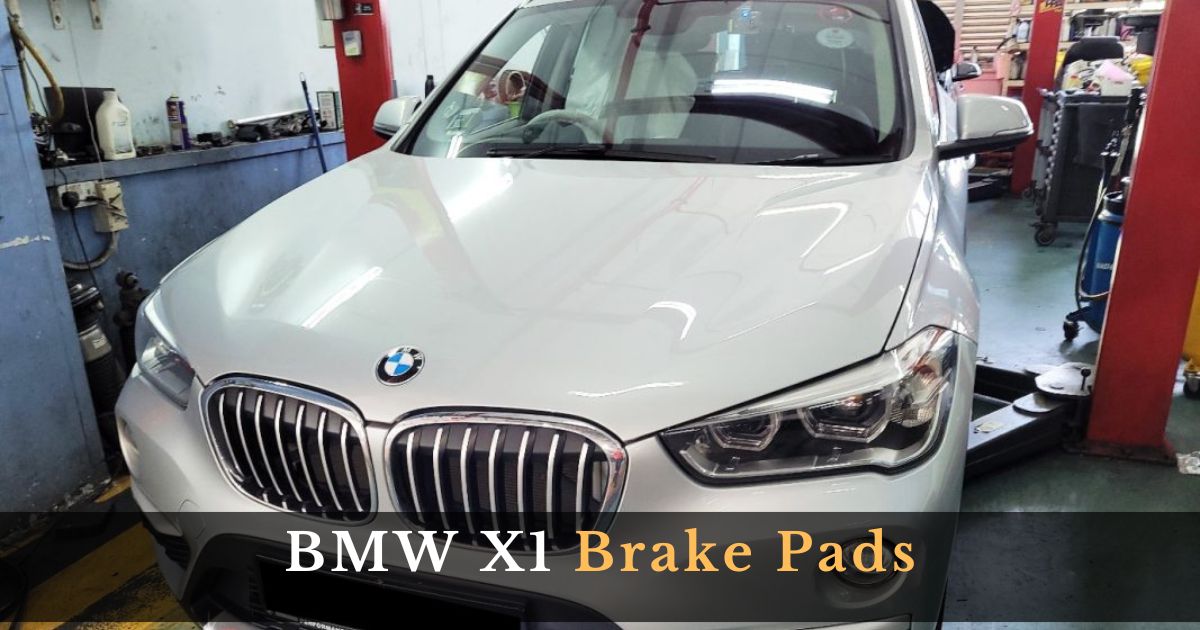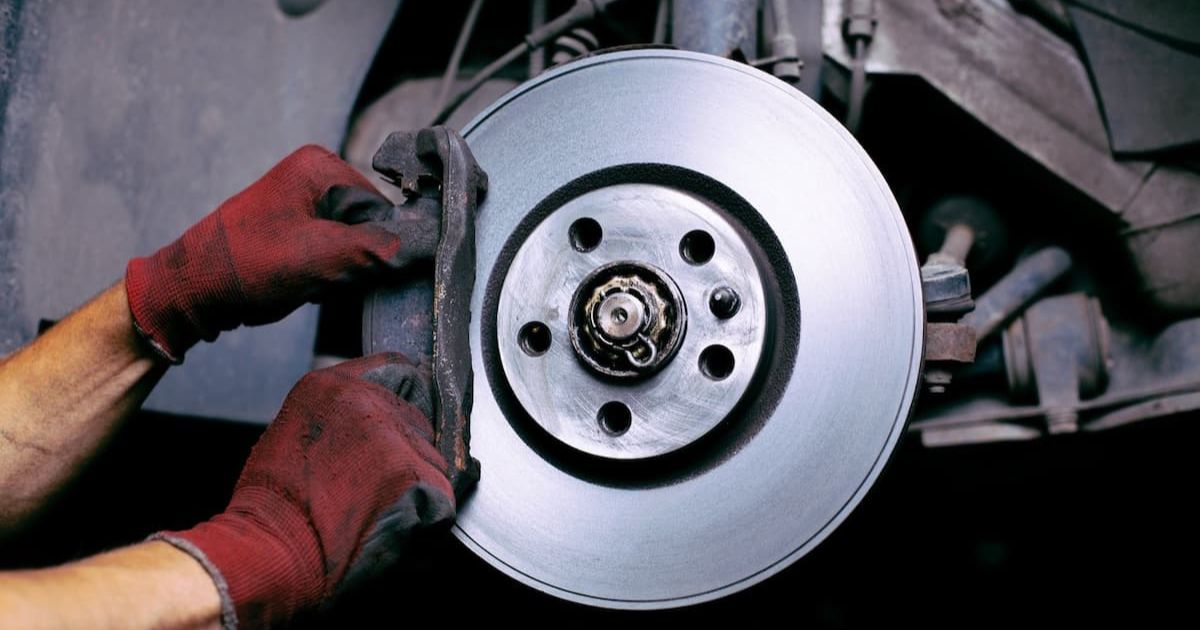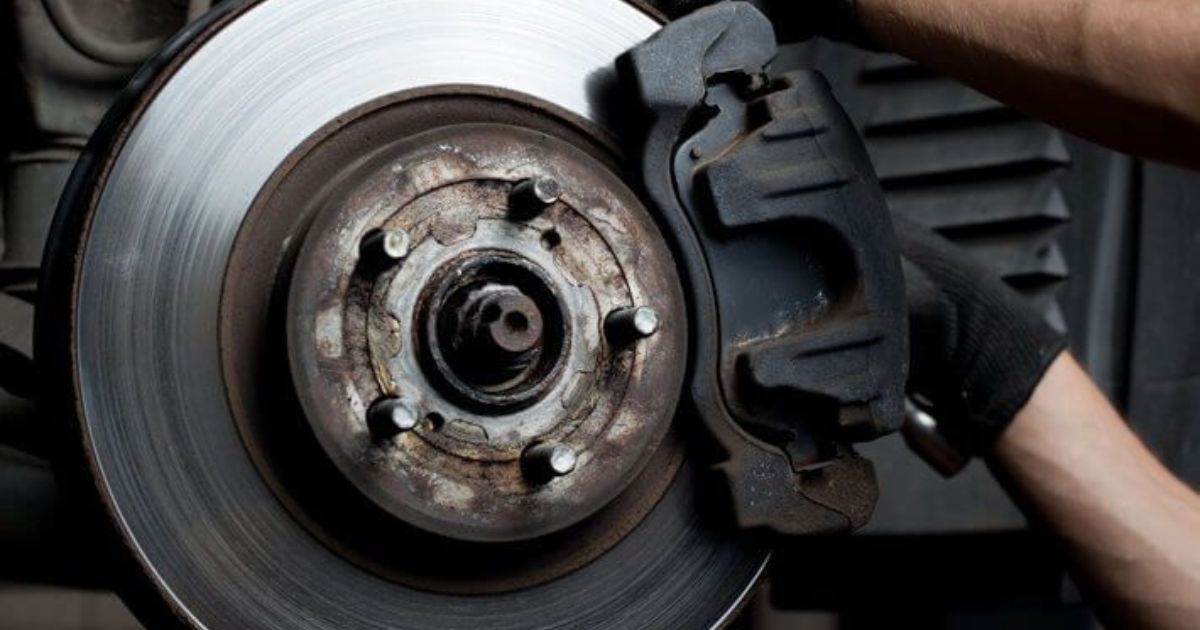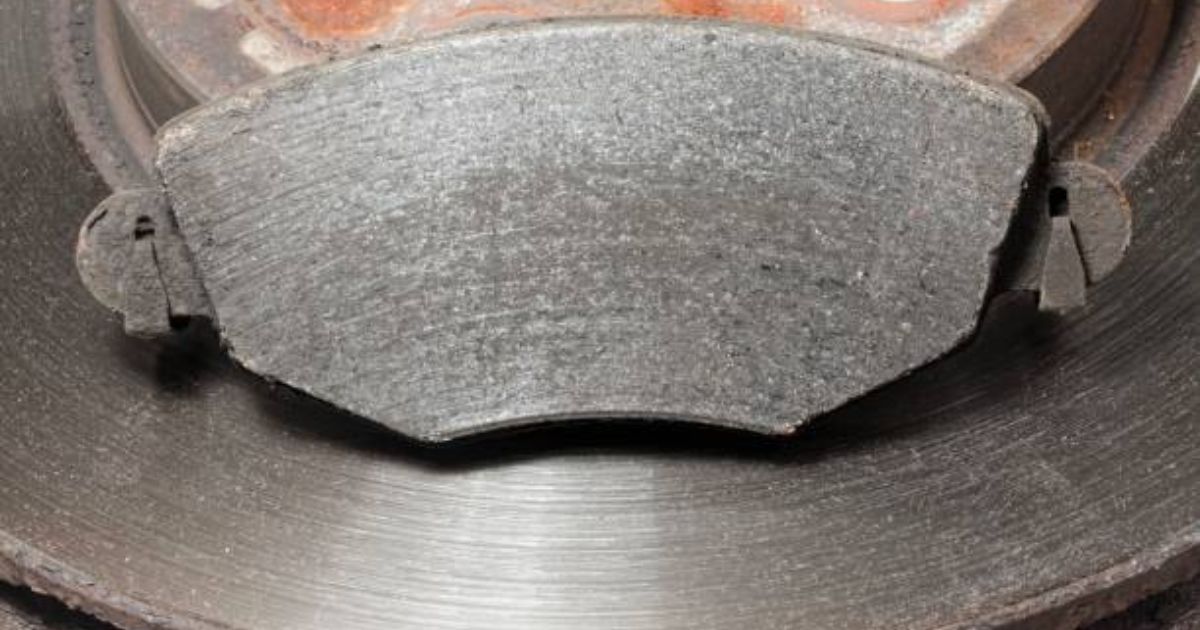BMW X1 brake pads, BMW X1 brake pads are a crucial component of your vehicle’s braking system, ensuring safety and optimal performance. This guide provides a comprehensive look at brake pads for the BMW X1, covering everything from their importance to maintenance and replacement.
BMW X1 Brake Pads: A Comprehensive Guide
Introduction
The BMW X1, a luxurious and versatile compact SUV, stands out for its performance, style, and reliability. One critical component that ensures the safety and efficiency of your BMW X1 is the brake system, particularly the brake pads. Understanding and maintaining your brake pads is essential for the overall health of your vehicle and your safety on the road.
Understanding Brake Pads
What are brake pads?
Brake pads are a crucial part of the disc brake system in your BMW X1. They are the components that press against the brake rotors to create the friction necessary to slow down or stop your vehicle. Without effective brake pads, your car’s braking system would not function properly, leading to dangerous driving conditions.
Function of brake pads
The primary function of brake pads is to convert kinetic energy into thermal energy through friction. When you press the brake pedal, the brake pads clamp down on the rotors, creating the friction needed to reduce the vehicle’s speed. This process generates a lot of heat, which is why brake pads are made from materials that can withstand high temperatures and wear.
| Feature | Details |
| Lifespan |
30,000 – 70,000 miles
|
| Factors Affecting Lifespan |
Driving habits (city vs highway), frequency of braking, towing
|
| Replacement Cost (Pads only) |
$150 – $250 (Luxury pads) <br> $75 – $120 (Standard pads)
|
| Replacement Cost (Pads & Labor) |
$150 – $300 per axle
|
| Recommended Maintenance |
Refer to owner’s manual for specific intervals.
|
| Typical Replacement |
Sets of 2 (one per wheel on each axle)
|
| Additional Considerations |
* Rotor replacement may be needed with worn pads. <br> * Wear sensor replacement might be required depending on the model year.
|
Types of Brake Pads
Organic brake pads
Organic brake pads, made from materials like glass, rubber, and resins, are softer and quieter than other types. They are ideal for everyday driving but may wear out faster under heavy use.
Semi-metallic brake pads
Semi-metallic brake pads consist of metals like copper, steel, and iron. They are durable and provide excellent braking performance but can be noisier and may wear down the rotors more quickly.
Ceramic brake pads
Ceramic brake pads are made from ceramic fibers and nonferrous materials. They offer the good performance in terms of noise reduction, longevity, and dust production. However, they are usually more expensive than other types.
Why Brake Pads Matter for the BMW X1
Safety considerations
Brake pads are vital for ensuring the safety of your BMW X1. Worn-out or damaged brake pads can significantly reduce your vehicle’s braking efficiency, increasing the risk of accidents.
Performance impact
High-quality brake pads enhance the performance of your BMW X1 by providing consistent and reliable braking power. This is particularly important for maintaining control during emergency stops or driving in adverse conditions.
Longevity of the vehicle
Regular maintenance and timely replacement of brake pads can extend the lifespan of your BMW X1. Neglecting brake pad maintenance can lead to more extensive damage to the braking system, resulting in costly repairs.
Signs Your BMW X1 Needs New Brake Pads
Squeaking or squealing noises
One of the most common signs that your brake pads need replacing is a squeaking or squealing noise when you apply the brakes. This sound is usually caused by the wear indicator on the brake pads coming into contact with the rotors.
Reduced braking efficiency
If you notice that your BMW X1 takes longer to stop or the brake pedal feels spongy, it could indicate that the brake pads are worn out and need replacing.
Warning lights on the dashboard
Modern vehicles, including the BMW X1, are equipped with sensors that monitor the condition of the brake pads. If the brake pad warning light illuminates on your dashboard, it’s time to inspect and possibly replace the brake pads.
Choosing the Right Brake Pads for Your BMW X1
Factors to consider
When selecting brake pads for your BMW X1, consider factors such as driving habits, vehicle usage, and performance needs. For instance, if you do a lot of city driving with frequent stops, you might prefer brake pads that offer better durability and less noise.
Recommendations for different driving styles
For everyday driving, organic or semi-metallic brake pads are generally sufficient. However, if you frequently drive in high-performance situations or tow heavy loads, ceramic brake pads may be a better choice due to their superior performance and longevity.
OEM vs. Aftermarket Brake Pads
Pros and cons of OEM brake pads
Original Equipment Manufacturer (OEM) brake pads are designed specifically for your BMW X1, ensuring a perfect fit and optimal performance. They are usually more reliable but can be more expensive than aftermarket options.
Pros and cons of aftermarket brake pads
Aftermarket brake pads offer a wider range of choices and can be more cost-effective. However, their quality can vary, so it’s essential to choose reputable brands that match or exceed OEM standards.
Step-by-Step Guide to Replacing Brake Pads
Tools needed
To replace the brake pads on your BMW X1, you will need the following tools:
Jack and jack stands
Lug wrench
C-clamp or brake caliper tool
Socket set
Torque wrench
Brake grease
Safety precautions
Always ensure your vehicle is on a flat surface and securely supported by jack stands before starting the brake pad replacement process. Wear gloves and safety goggles to protect yourself from debris and brake dust.
Detailed replacement process
Lift the vehicle: Use a jack to lift the BMW X1 and secure it with jack stands.
Remove the wheels: Use a lug wrench to remove the wheel lug nuts and take off the wheels.
Access the brake caliper: Locate the brake caliper and remove the bolts holding it in place.
Remove the old brake pads: Slide the caliper off the rotor and take out the old brake pads.
Install the new brake pads: Apply brake grease to the back of the new brake pads and place them into the caliper bracket.
Reassemble the brake components: Reattach the caliper and tighten the bolts securely.
Lower the vehicle: Put the wheels back on, tighten the lug nuts, and lower the vehicle.
Cost of Replacing BMW X1 Brake Pads
Average cost of brake pads
The cost of brake pads for a BMW X1 can range from $50 to $150 per set, depending on the type and brand.
Labor costs
Labor costs for brake pad replacement typically range from $100 to $200 per axle. This can vary based on the service provider and your location.
Ways to save money
You can save money by purchasing brake pads online and replacing them yourself if you have the necessary skills and tools. Alternatively, shop around for competitive pricing from different mechanics.
Maintaining Your BMW X1 Brake Pads
Regular inspection tips
Regularly inspect your brake pads for signs of wear. Check the thickness of the pads and look for any cracks or glazing.
Driving habits that extend brake pad life
Adopt driving habits that reduce brake wear, such as gradual braking and avoiding heavy loads. Regularly clean your brake system to remove dust and debris that can cause premature wear.
Common Issues with Brake Pads and Solutions
Brake pad glazing
Glazing occurs when brake pads overheat and develop a smooth, shiny surface. This can reduce braking efficiency. To fix glazing, you may need to replace the brake pads and address the cause of overheating.
Uneven wear
Uneven wear on brake pads can be caused by misaligned calipers or suspension issues. Regular maintenance and alignment checks can prevent this problem.
Vibration during braking
If you feel a vibration or pulsation when braking, it may indicate warped rotors or unevenly worn brake pads. Inspect the braking system and replace any damaged components.
Maintaining the brake pads on your BMW X1 is crucial for ensuring safety and optimal performance. By understanding the different types of brake pads, recognizing signs of wear, and knowing how to choose and replace them, you can keep your vehicle in top condition. Regular inspections and mindful driving habits will help extend the life of your brake pads, saving you time and money in the long run.







